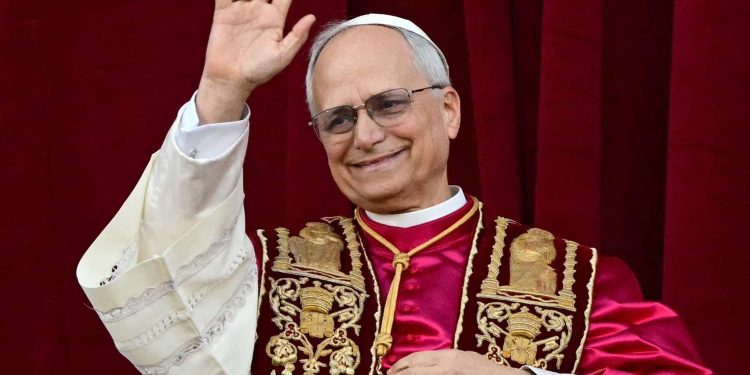Newly elected Pope Leo XIV has explained why he chose the name for his papacy, linking it to the Church’s responsibility in addressing modern challenges posed by artificial intelligence and the second industrial revolution on workers’ rights.
The 69-year-old pontiff was speaking on Saturday, May 10, during his first meeting with the College of Cardinals, whom he described as the Pope’s closest allies.
“… I chose to take the name Leo XIV. There are different reasons for this, but mainly because Pope Leo XIII in his historic Encyclical Rerum Novarum addressed the social question in the context of the first great industrial revolution,” he said.
“In our own day,” he continued, “the Church offers to everyone the treasury of her social teaching in response to another industrial revolution and to developments in the field of artificial intelligence that pose new challenges for the defence of human dignity, justice and labour.”
During his speech, Pope Leo XIV also paid tribute to his predecessor, Pope Francis, who died on April 21, 2025, at the age of 88.
He remembered Francis for his simplicity and unwavering dedication to service.
“Let us treasure this precious legacy and resume our journey, animated by the same hope that comes from faith,” he said.
First Mass
Just a day after making history as the first pope from the United States, Pope Leo XIV celebrated his inaugural Mass on Friday in the Sistine Chapel, where the 133 Cardinals had gathered in conclave to elect him.
In his address, he expressed concern over “the dark nights of the world,” alluding to the ongoing conflicts in Ukraine, Gaza, Sudan, and other regions that have left countless lives shattered.
He also regretted the waning faith within the Church, and the increasing societal reliance on “technology, money, success, power, or pleasure.”
Born in Chicago, the 69-year-old Pope brings with him a wealth of global experience.
He spent a large part of his career in South America and holds dual citizenship in the United States and Peru.
Observers say he is expected to continue and expand on the reforms initiated by Pope Francis, who paved the way for Catholic Priests to bless same-sex couples for the first time ever.



